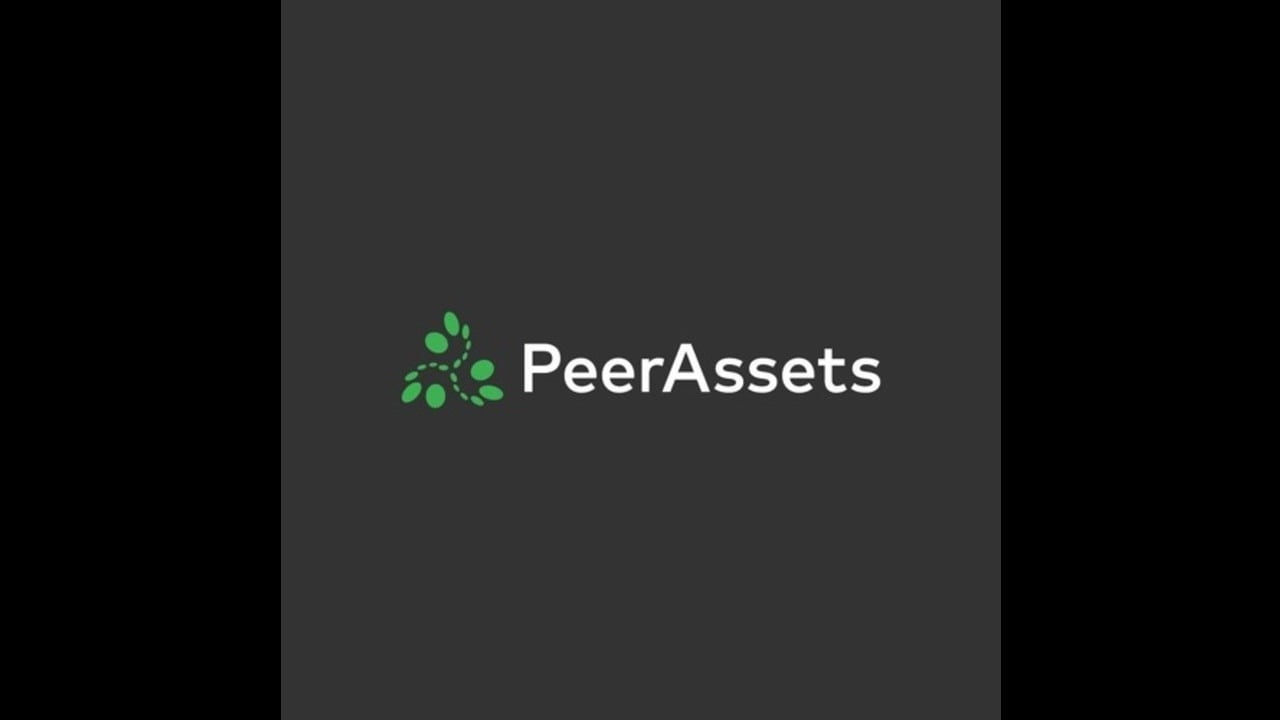There are many facets of cryptocurrency in which most people will never show any interest. Until now, there has been virtually no talk about PeerAssets, even though this particular Peercoin-related venture should not be overlooked by any means. It certainly offers some interesting advantages when it comes to creating new digital assets.
What is PeerAssets?
On paper, PeerAssets – or PA – is a new cryptocurrency asset-creation protocol. Unlike its more complex counterparts, PeerAssets is designed to be both efficient and affordable at the same time, though it has all of the basic functionality including voting rights. This new blockchain-agnostic asset protocol is certainly worth keeping an eye on as its development progresses.
How Does it all Work?
PeerAssets is a hybrid approach to cryptocurrency-asset creation. It uses both address and OP_Return to reduce node requirements. Moreover, it uses Pay-to-Tag-Hash technology to tag transactions as part of a “deck”. More specifically, any token function can tag the host transaction as a specific deck transaction. At the same time, the token data itself will be contained within the OP_RETURN. It offers the best of both worlds, which sets PeerAssets apart from most of its competitors.
Combining this technology with a more efficient protocol will certainly introduce other advantages as well. Broadcasted transactions are less than 20 bytes due to the compressed payload. This also means there is a larger “free_data” field to include additional metadata if needed. Additionally, while this service is blockchain-agnostic, it will first launch on the Peercoin blockchain. Consequently, there will be a static fee of 0.01 PPC/KB, and a very small blockchain to deal with.
Even though one would expect this cryptocurrency asset-creation service to be rather expensive, that is not the case. No fee token was created for PeerAssets, as it simply uses Peercoin to purchase space on the blockchain. From a cost perspective, PeerAssets is seemingly a lot cheaper than any of its competitors. Whether or not that will generate a lot of attention in this new platform remains to be determined.
The Future of PeerAssets
As is to be expected, there is still some work to be done by the PeerAssets team. First of all, there is a focus on porting this solution to the Bitcoin blockchain, while other blockchains may also be considered in the future. Blockchain-based identity solutions will also come to PeerAssets in the future, although no specific details have been provided as of right now. It is possible we will also see DNS services in the same fashion as NameCoin, but for the Peercoin ecosystem.

